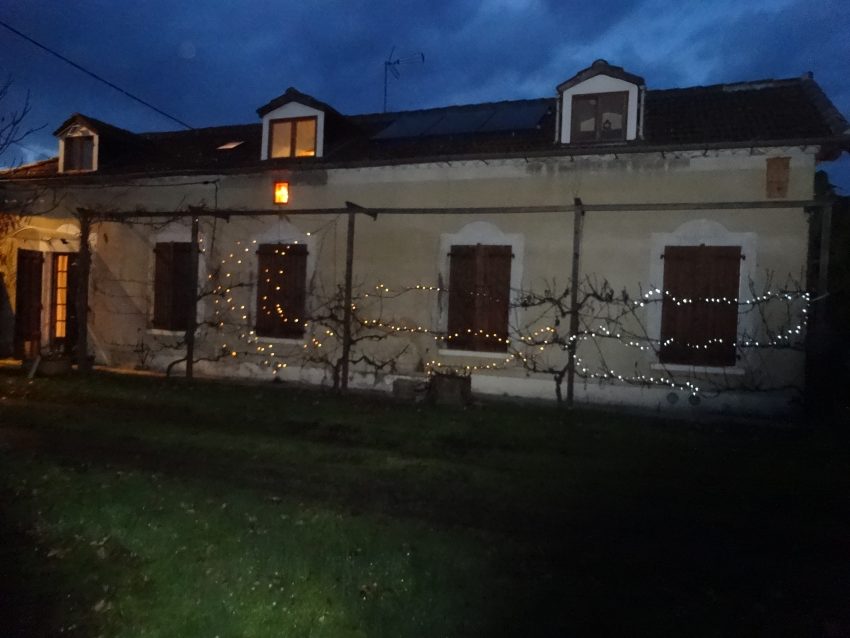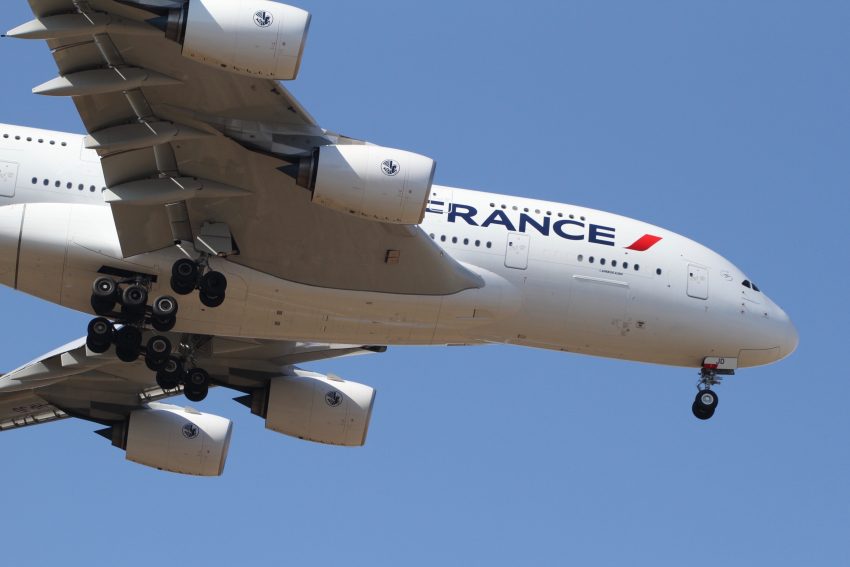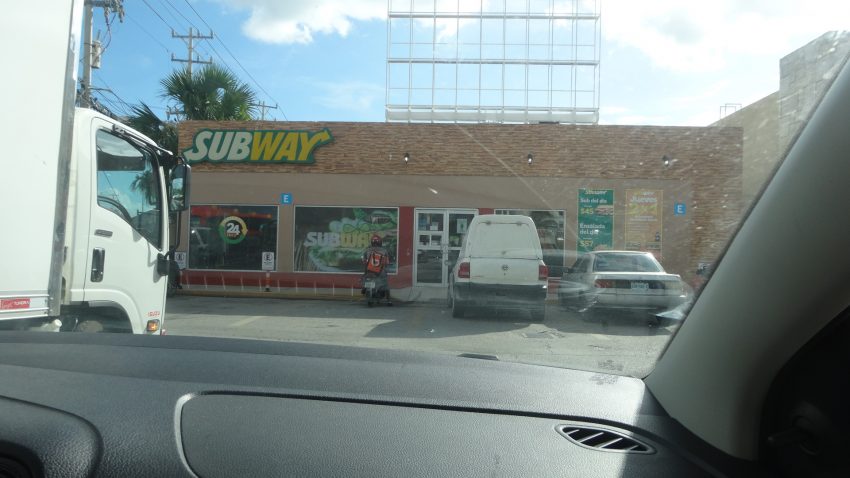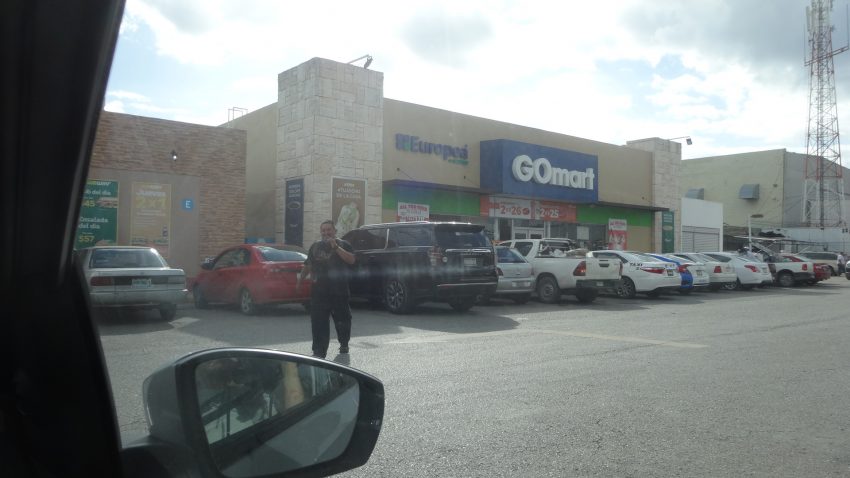I want to stay at home

Leaving home before sunrise is a plunge into an abyss. Black moments before brain functions. A home disguised and hidden under bleak darkness. Cheekbones ache with cold. Nose sniffs up tears. Departure weighs more than a baggage allowance. Loss is heavy and sadness clutches my heart and trips up my feet.
Yet I love journeys because the displacement frees my mind and imagination so I know I will come back inspired by stories and ideas that will feed what I write. Here however is that song by Carole King – So far away – doesn’t anyone stay in one place anymore?
Herded, processed, categorised, controlled
At the airport we move down the chute into the crush facing forward all the time from circled footprint to circled footprint. We show our papers to masked officials in glass boxes, go through oneway gates, get scanned and searched. We ride the platforms, walk the corridors, sit in rows, stand in queues until we are fed into a plastic tunnel and squeezed into the furthermost and cheapest seats on an aeroplane. An aeroplane that’s longer than three homes the size of ours and that holds more passengers than all of the people in our village. (This thought terrifies me.) Here is Peter, Paul and Mary Leaving on a jet plane
It will take almost as long to leave the plane when we land. Listen to Joan Baez sing Five hundred miles or Babe I gonna leave you

Suspended in space and time
(This thought terrifies me.)
I can’t work out whether I am more frightened by the size of our planet or by the way we whiz around half the world in 10 hours. I think how much time I’ve spent suspended in aeroplanes, how much time I spend asleep and how short each human life is and how little time I have left to live. So I watch as many films as I can. I love films. Here are two I enjoyed. La Daronne and Adieu Les Cons.
I know I’m a great deal safer than a migrant in an overloaded RIB crossing 45 km of the Channel but I’m still afraid.
Arrival


It’s hot. It’s bright. My feet are on the ground. I no longer think about home. I love journeys even when I don’t know where we are going or what we will find on our way. First, we have to find the minibus that is going to take us to the car hire office. It’s not far but arranging our prebooked car hire takes hours longer than we planned. We have to find a hotel close by and arrange to spend the night in Cancun instead of on our way to Belize. We are not in the tourist area but near the airport. We stayed here two and a half years ago. It no longer has a restaurant. We walk to the Subway and the Europa store and have our meal in our room.

Migrants
Tomorrow we will set off to Belize a land where approximately half of the population are migrants or refugees.
‘Are we travellers or tourists?’ I ask John.
‘We’re travellers, not tourists.’ John answers.
‘Are tourists the new colonialists?’ I ask John but I really want to know what you, my readers think?
4 Comments on “Leaving and going – migrants and tourists.”
I teach undergraduate students of tourism at my local university about the problems facing the industry they are about to join (because there are plenty of them).
I ask them what are the differences between 1977 (when I travelled overland to India) and 2021.
Which yields the conclusion that it is no longer possible to travel without being a tourist – however much we might not like the label. The fault is partly to do with technology and partly to do with massification. We all want to go to the same places and do the same thing – evade our responsibility for a few days.
If there is a difference between a traveller and a tourist, the first seeks education whereas the second seeks pleasure. What does tourism produce? I asked my students. The best answer I can come up with is “pleasant sensations followed by happy memories”. Travelling has to produce much more than this.
To travel is a willingness to :
1) be there (leave your smartphone at home and talk to physical people instead of talking to the internet) and
2) put up with discomfort in return for insights. This involves living as far as you can like the natives while you are there, as a lesson in empathy and solidarity. (Obviously you will always be an outsider, but it is possible to show an interest in the mundane challenges of life, not just the sights. This, however, may well push you from tourism into politics!)
To do both these it helps to learn something of the local language and not to judge.
Why is tourism causing so many problems which travelling never caused? I suggest to my students that we are in the grip of a mania called the “human right of travel”. This is defined as the universal prerogative to go where you want and behave as you want when you are there because it’s your time and you are paying for it. The consequence of indiscriminate tourism (as opposed to conscience travelling) is that we diminish the very authenticity we have gone to find. If postmodernism was still with us it would make a wry comment about this; a quantum physicist might also smile in recognition of the irresolvable dilemma.
Hi Nick – this is a wonderful and very pertinent comment and response to my post. It brilliantly engages and extends the ideas I was trying to engage with – thank you so much! I do hope other readers will respond to what you have written here. I found myself thinking that tourists want to live a ‘dream’ idea of something better but not enormously different to their own lives – an improved version that will end up on Facebook – the strange way we now always smile at the camera – we MUST be happy on holiday! There’s no part of the world that tourists don’t invade and though we fly so easily and safely everywhere there is at the same time this counter-movement of desperate refugees and migrants – its as if all the happiness in the world is carried by tourists and all the misery and risk envelopes those fleeing danger, war and climate change. Irresolvable dilemmas?
In my early 20’s I decided it would be fun to travel and work I had just qualified as a nurse and we were told we could work anywhere in the world. I decided Australia was a good place to start common language etc., So I sorted out Australian registration, no problem qualifications mutually recognised. Bought a ticket on a bus heading for India, got visas for countries in-between, all very easy and set off. Nice bunch of people very mixed in age and nationality, slightly mad driver, rickety bus, all pretty standard for the time, early 70’s. We were pretty clear we were travellers, one because we were going somewhere two because tourists were naff and travellers were cool, sorry we were all very young. There was plenty of discomfort we stayed in very cheap local hotels and hostels, slept on roofs and in courtyards. I don’t think we did much damage and we were all very willing to learn and interact with the locals, not much choice when you are doing things on the cheap. I think I had about £50.00 in travellers cheques. Long story short I got very sick in Syria and had to fly home, borrowed money from fellow traveller thank them very much! I spent a year working and saving, you really cant do it on a dollar a day even then! I set off again and made it to Australia, came back overland always a traveller. I think Nick is right it is a state of mind that includes learning and respect plus the common sense to stick to hot drinks and food and avoid the salads and ice!
Dear Anne, Apologies for taking so long to reply to your interesting comment. Both you and Nick have added much to broaden my post. I read your account of travelling with some envy. My baby and I, (then aged 22), were trapped in a single room without friends or family living on social security (NAB) about that time. Like all young people of our age, my school friends and I dreamed of travelling the world. We were going to sail in a small yacht up the east coast of Africa to Europe through impossibly dangerous seas after sailing dinghies on a tiny dam. Not one of us had any money or rich parents and I don’t think my friends ever did much travelling. Wars in Africa probably stopped that for them. I’ve been very lucky since and travelled a great deal using local guides and backpacking, camping-car journeys or just doing it cheaply thanks to John. I was amused to remember that for privileged young white South Africans and Rhodesians it was de rigueur to do a version of the Grand Tour after school and before university. All the great cities of Europe were to be visited in about 6 weeks in order to make us cultured colonialists. Everyone expected to travel by Union-Castle boats until suddenly it became possible to fly to Europe in several hops. Ladies wore hats and gloves when they travelled by plane! How it has all changed!